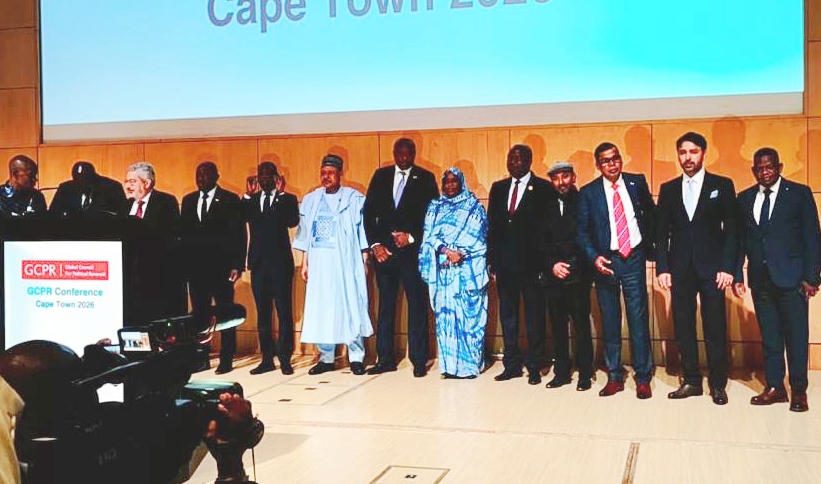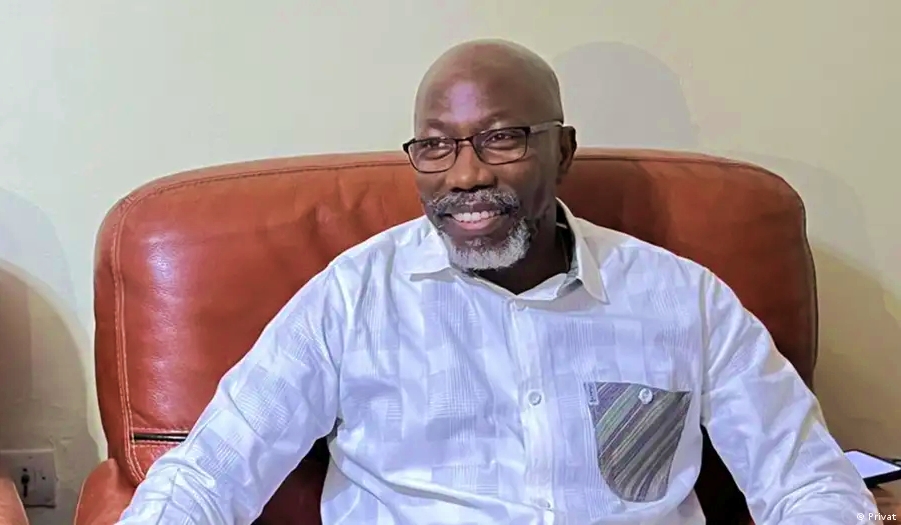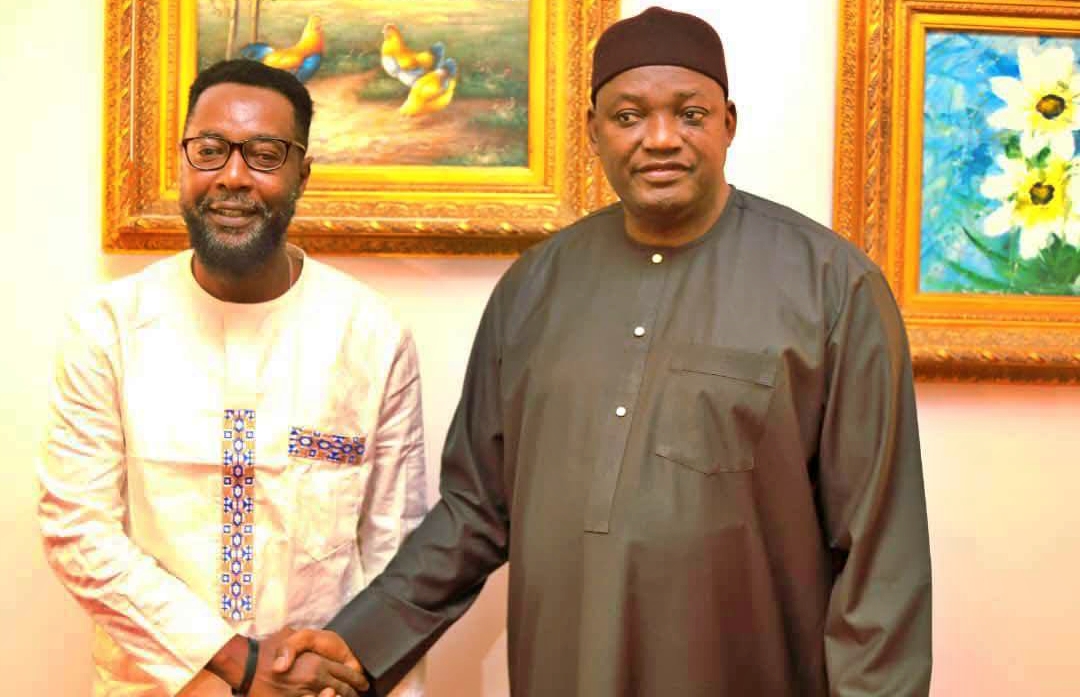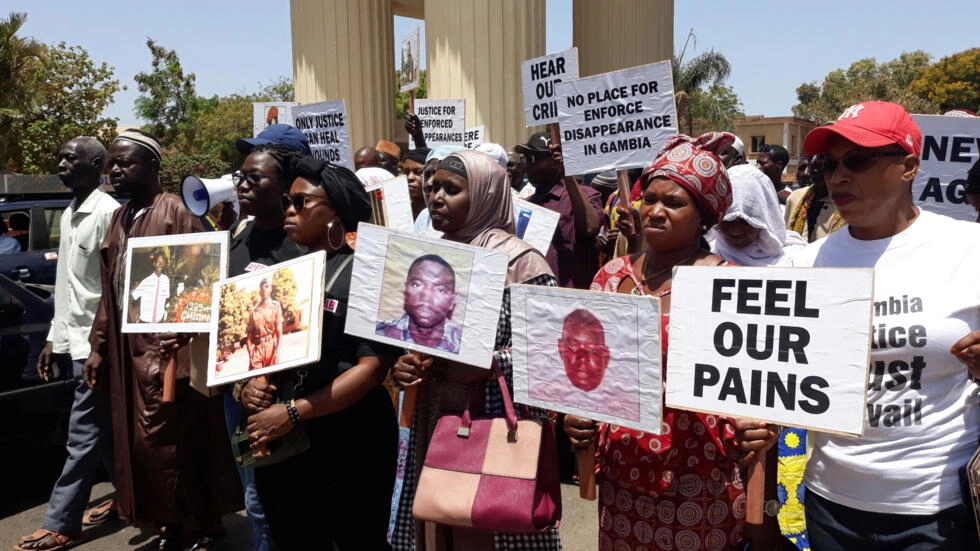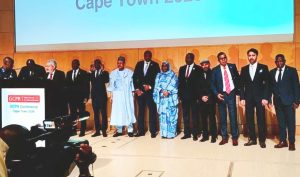Gambiaj.com – (BANJUL, The Gambia) – It will cost an estimated $150 million to implement the 261 accepted recommendations of the Truth, Reconciliation, and Reparations Commission (TRRC) with 304 activities, according to Ida Persson, the Attorney General’s Special Advisor and Minister of Justice on Transitional Justice.
The implementation procedure is assigned to 59 institutions, according to Ms. Persson. 69 people, including the former president Yahya Jammeh and his accomplices, are to be prosecuted for severe crimes as part of the TRRC’s recommendations.
These include members of the 1994 Junta, such as Lt. Sanna Sabally, who was denied amnesty by the Gambian government, and Lt. Yankuba Touray, who was sentenced to death in 2021 for his involvement in the murder of former Finance Minister Koro Ceesay, who appealed and is currently awaiting a verdict. Lt. Edward Singhateh, who was Jammeh’s minister of defense, and the late Lt. Sadibou Hydara are two additional people to be prosecuted.
“We have adequate judicial mechanisms to prosecute these perpetrators,” Ms. Persson said during the end-of-year status of implementation presentation.
Dr. Momodou Tangara, the Minister of Foreign Affairs, emphasized the urgency of the process. “With a five-year mandate to ensure that all 261 recommendations approved by the government are realized, we must work diligently and swiftly, for time is of the essence,” he noted.
Victims Express Concerns Over Slow Implementation
Although there has been recognition of progress, victim-led organizations have expressed concerns regarding implementation delays. The pace, according to Sirrah Ndow, Chairperson of the Alliance of Victim-led Organizations (AVLO), is detrimental to victims, many of whom are dealing with immediate financial and physical difficulties.
“The slow pace of implementation is a disadvantage for the victims. Many of them are suffering in pain, especially in the cold season,” she said.
Ms. Ndow pointed out that although the Medical Board, which was set up in December 2023 to offer temporary assistance, has made some strides, there are still obstacles to overcome. Although D8 million of the D10 million Dalasi that was allotted was disbursed, access to critical treatments has been hampered by bureaucratic delays, especially for diseases that require specialist care that is not available in the nation.
She emphasized the urgent need for systemic changes while highlighting success stories, such as one victim who regained mobility following therapy. “Some victims have died due to lack of timely medical support. We must prioritize a victim-centered approach,” she said.
Government Achievements and Challenges
Citing important turning points like the approval of commissioners for the Reparations Commission and the ratification of the Special Accountability Mechanism Bill, Attorney General Dawda A. Jallow characterized 2024 as revolutionary. He reaffirmed ECOWAS’s decision to establish a Special Tribunal for The Gambia, the first internationalized tribunal established by ECOWAS at a government’s request.
“This special tribunal represents a pivotal moment for accountability and justice. It underscores our unwavering commitment to ensuring the TRRC recommendations are not just words but a living framework that transforms our society,” Jallow said.
But there are still holes. Despite a $1 million guarantee from the United States, there is still no forensic laboratory to help in the hunt for victims of enforced disappearances. In order to provide families closure, victims and activists have encouraged the government to move quickly through this procedure.
Calls for Prioritizing Victims’ Welfare
Victims have reiterated the importance of addressing their immediate needs alongside the pursuit of justice. Yusupha Mbye, a person living with a disability and also a victim of police brutality, emphasized, “For us, our priority is our health. We need urgent medical support, and this should go hand in hand with the justice process.”
Others have criticized the continued presence of alleged perpetrators in government positions. Sainabou Camara, a victim still suffering from complications of abuse, said, “Our perpetrators are living free and enjoying while we are sick. It is difficult for us.”
Progress in Law Reform and Reconciliation
The Peace and Reconciliation Bill is presently being reviewed, and the government has indicated progress in reforming the statute. The Ministry of Interior is leading efforts to foster reconciliation, according to Ida Persson.
Additionally, the TRRC supported the rights of the late Sering Ndigal’s exiled religious adherents to return to The Gambia and retrieve their properties. Their homecoming has been postponed despite a 2017 court decision that ruled in their favor, leading to demands for immediate action.
Looking Ahead, Dr. Lamin Sise, former Chairperson of the TRRC, praised the implementation process but urged the government to maintain momentum. “Transparency is very important. At the end of the day, the victims are the center of the whole process,” he said.
Stakeholders concur that justice, reparations, and institutional reform are essential as The Gambia works to move past its difficult history. Victims and their relatives are still demanding prompt assistance, responsibility, and guarantees that historical atrocities won’t happen again.




